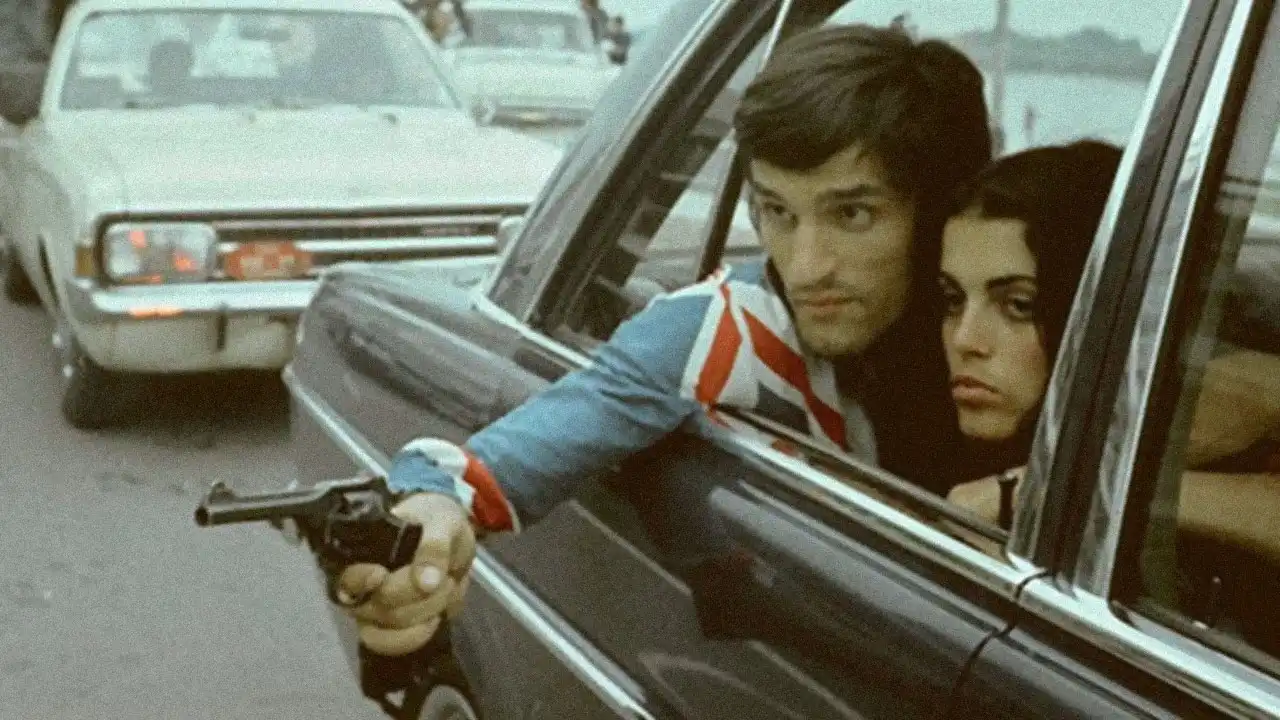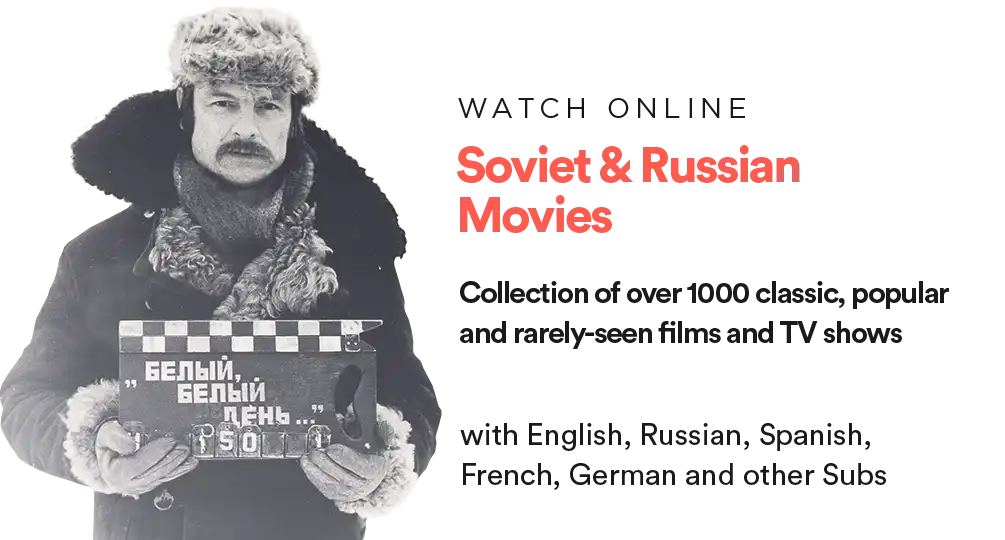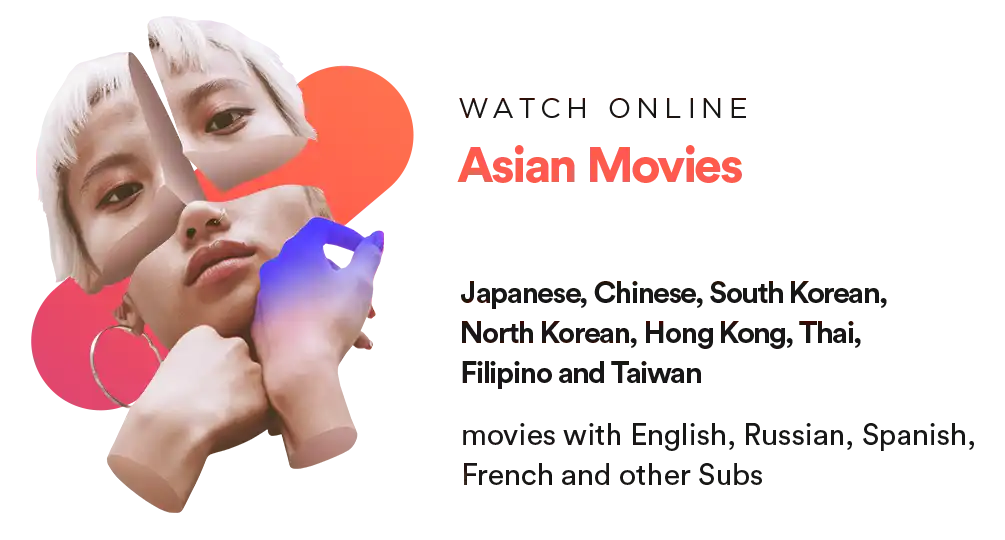Dark sunglasses for a bright future — “Young and Healthy as a Rose”
16.04.2024

Yugoslav standards and American life in the 1971 film “Young and Healthy as a Rose” directed by Jovan Jovanović present a picture of the most beautiful moments in an ugly world. Although this is the director’s first feature film, it immediately drew attention to itself since it was banned the same year it was released, after its premiere at the 18th Pula Film Festival and screening at Belgrade’s MAFAF. The film, the lively cinematic rebel of the Yugoslav black wave, was in the hidden metaphorical bunker until 2006 — when a copy of the old negatives was shown at the Belgrade FEST.
Six years before “Young and Healthy as a Rose” was made, Jovan Jovanović’s short film “Student City” (in 1965) also began its forty-three-year-long path of censorship. Based on documentary materials, it records life — and explains the notion of a student as a human being and an average intellectual citizen who is “destined to live beautifully and well”. A message about a generation of ideals in the limited possibilities of life at that time, shown through a black prism in this film, made the Academy of Theater, Film, Radio and Television (today’s FDU) ban this naive and experimental film. The shadow of censorship in the following years and decades followed the director throughout his entire career, and his movies appeared more and more outrageous and provocative in front of political and artistic reasoners.

“Young and Healthy as a Rose” is a lively metaphor for the reality of the former state of Yugoslavia in the seventies and eighties of the 20th century. The film indisputably entered the history of domestic cinema through city traffic jams and proletarian propaganda, improvised monologues and erotic provocations. The work expresses the thought of the political moment, dissatisfaction and youth. The age of movie theatres, red Zastava, blue Relay of Youth and Josip Broz Tito united southern Slavs and heroic history in a new construction and socialist community. New labour victories, social tasks, creating the ideal of peace and progress of a country, “love between peoples and cooperation between nations”, all these achievements are threatened in front of the values of an individual dressed in a shirt with a print of the British flag — the infamous Steve.

“Stevan Nikolic, aka Steve, born in 1945 in Belgrade; parents George and Aleksandra, Ex-pioneer, ex-member of People’s Youth and Socialist Union, ex-youth activist, ex-member of Communist party. Of working class extraction. Trained car mechanic. Run away from home. Petty thief. Stole cars. Influenced by wrong people and movies.”
Actor Dragan Nikolić plays that Yugoslav “cowboy” Stevan, an offender, a criminal and the young hope of a free country, a green homeland. The “king of the republic”, a nihilist of his kind, who lives on “former love and present air.” The film continuously follows his turbulent, impulsive, promiscuous and aggressive everyday life from May 25th (Tito’s 77th birthday).
Wandering through life and looking for happiness, he creates new gangster times, a modern and emancipated age, because “who does not have head has a revolver” — as the protagonist says himself.
The cinematic performance of an individual, a “rebel without a cause” from the Balkans, is present — like a reflection of the entire young generation, angry and disillusioned, ready for their own revolutionary battles. Towards the end of the film, the culmination occurs: a group of young people occupy a department store, conquer the corridors, hallways and offices, and demolish everything around them, even themselves. A republic of failed talents and young idlers created disorder and lawlessness. This segment of the film alludes to political events, the famous student protests in Yugoslavia from 1968: the rebellion against the “red bourgeoisie”. Rolling stones of the students rained down on the entire state. The new future doesn’t have a happy ending, in fact, it doesn’t have an ending at all because it doesn’t exist either. Yugoslav enthusiasm and the American dream, economic reforms and raised morale went into eternity. “Man is our greatest price”. Steve is our greatest price. Or is it like that just in the movies? Or is that just how it is said?
Emilija Kvočka


















